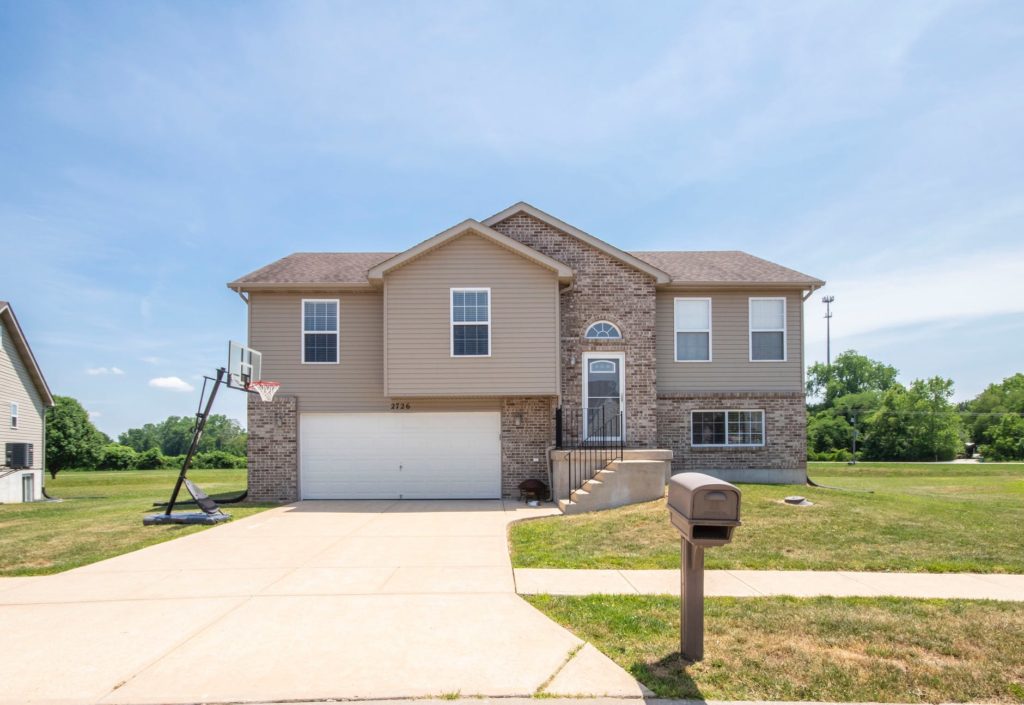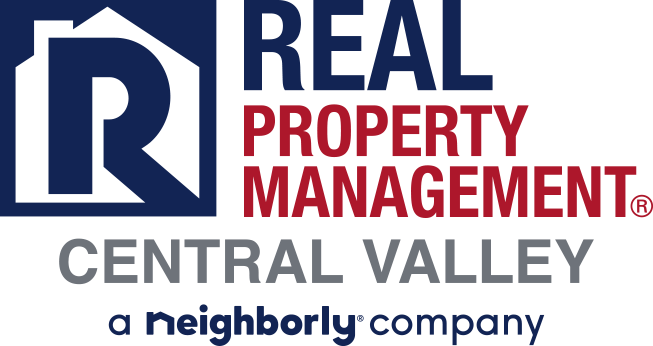Is your rental property insured?

Owning a rental property is a great way to buld wealth and enjoy passive income but if that property is not insured, you can loose everything from a fire, flood or natural disaster.
Having insurance is important because it’s going to protect your best interest and insure that your best interests are protected.
Which Type Of Rental Property Insurance?
There is a high demand for rental properties in the United States. And, to many homeowners and property investors, this spells a golden opportunity to earn some extra dough. While most veteran investors already know what type of insurance to get for their rentals, fledgling investors and those who simply own second homes usually employ a trial-and-error approach. Worse yet, there are landlords that don’t even buy insurance on their rentals altogether.
Insurance serves as a form of protection and can save you a lot of money in legal fees, repairs, or even income loss. Unfortunately, it can be difficult to determine what policy is right for rental properties. Is there a separate policy that caters specifically to landlords? Or will standard homeowners insurance for rental property suffice?
There are some people who believe that their bare-bones homeowners insurance policy is enough to cover their rental property. You will find many owners who convert their homes into rentals and rely solely on their homeowners insurance for protection. The truth, though, is that homeowners insurance does not always apply to your rental. Most of the time, you will need to get rental property insurance.
What Does Homeowners Insurance Cover?
To truly understand why homeowners insurance does not necessarily apply to rentals, you must first know what homeowners insurance covers. Homeowners insurance covers damages and losses to the structure of a home as well as the assets inside. This includes:
- Interior damage
- Loss or damage of personal belongings (including theft)
- Injuries that occur while on the premises
Homeowners insurance is a policy designed for homeowners who live in the insured property. That means the policy is basically null and void if you don’t live in the home. As such, homeowners insurance does not typically apply to rentals because the owner rents out the property to a tenant.
What Does Rental Property Insurance Cover?
Rental property insurance, also known as landlord insurance, offers protection for landlords who rent out their home or unit. There are certain risks that are unique to rental properties, and this form of insurance specifically addresses those risks.
Landlord insurance can cover a number of risks, though the exact details can vary from one provider to another. You can expect most policies to offer the following:
- Dwelling Coverage. This covers any damages to the physical structure of the unit or home caused by perils covered by the policy.
- Personal Property Coverage. This covers damages to the personal property of the landlord (not the tenant) used to service the unit or home. For example, if you provided an air conditioner and it becomes damaged due to a covered peril, your insurance would cover it.
- Liability Coverage. This covers any legal and medical fees in the event someone (even your tenant) gets injured or harmed on the premises and you, the landlord, are found responsible for it.
There are other forms of protection that are not typically included in a standard policy. This can include the following:
- Loss of Rent Coverage. If your unit or property becomes uninhabitable because of a covered peril, this will cover your loss of rent.
- Vandalism. If your unit or property is vandalized, this will cover the cost of cleaning or repairs.
- Burglary. While many rental property insurance policies cover theft, this rider will also cover the cost of replacing the items stolen.
- Codes and Ordinances. Building codes may require you to add upgrades to your property after it becomes damaged. In that case, this will cover the cost of improvements (or partially cover it).
Landlord Insurance vs Homeowners Insurance Cost
On average, homeowners insurance in the United States costs $1,445 per year or about $120 per month. Landlord insurance or rental property insurance is known to be 25 percent more expensive than homeowners insurance. Thus, you can expect to pay about $1,800 per year or $150 per month for landlord insurance. This is understandable considering the unique risks associated with rental properties.
Keep in mind that this is just the average cost of rental property insurance. The price can be higher or lower depending on the perils covered by your chosen policy and what basis it uses to cover damages.
For instance, the cheapest landlord insurance typically only covers a few perils explicitly named in the policy and reimburses you on an actual cash value basis. In comparison, a policy that covers a broad range of perils and uses a replacement cost basis will be more expensive. Make sure to ask for a rental property insurance quote from different providers before deciding.
What Type of Insurance Do I Need on My Rental Property?
Not all rental properties are the same. What may work for one rental home may not necessarily work for another. To know what policy suits you best, it is important to evaluate your situation — specifically in terms of the length of stay and how often you rent out your property.
Short-Term Rentals

If you have homeowners insurance, you may still be able to use it when you turn your home into a rental and rent it out infrequently.
In this case, “infrequently” means renting out your home for only a few days or weekends out of the year. Though, not all companies permit this. Even with those that do, you will typically need to notify them of the change. You may also need to purchase a rider to extend the policy’s coverage.
On the other hand, if you plan to do it frequently — as in, regularly renting out your home on a short-term basis, à la Airbnb or a hotel — you will most likely need commercial property insurance. This is because insurance providers will consider your setup as more like a business than anything else. Thus, for frequent short-term rentals, homeowners insurance or even landlord insurance won’t usually work.
Long-Term Rentals
For long-term rentals, which are more common for landlords, you will need rental property insurance. Most providers recognize long-term rentals as those that have a duration of at least six months. Landlord insurance is also something you should get if you only live in your home for part of the year and rent it out for the rest. Make sure to shop around first when looking for the best rental property insurance for you.
The Bottom Line
Clearly, homeowners insurance for rental property does not offer adequate coverage. While you may be able to get away with standard homeowners insurance for your rental unit or home, most of the time, you will need a separate policy known as rental property insurance or landlord insurance.
Many property management companies will help you choose and manage your rental property insurance plan. Start looking for a company near you with the help of our online directory.
Contact RPM Central Valley
At RPM Central Valley, we offer local property management for single family and multifamily properties.
To learn more about the property management services that we can offer you, contact us today by calling (209) 572-2222 or click here to connect with us online.
